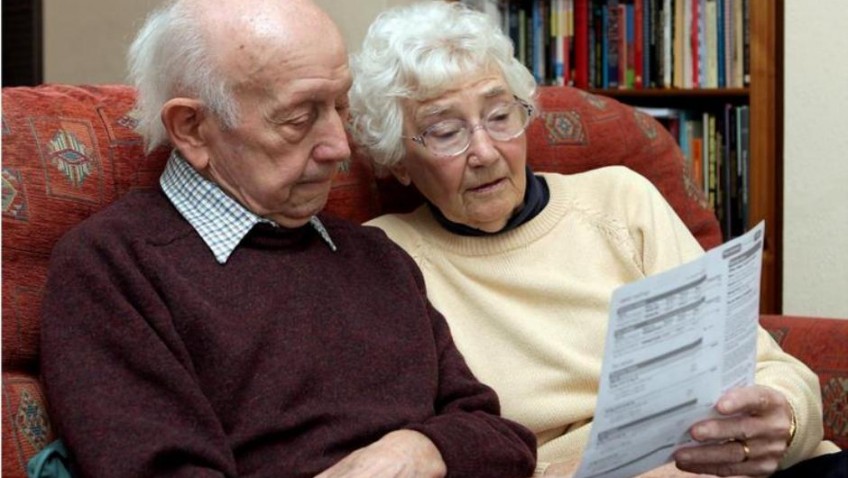Around 26,400 women and 21,200 men due to reach state pension age in the new few years are set to lose out as a result of the introduction of the new state pension in April which will no longer make allowances for those who are married, bereaved or divorced.
The current system allows people who are, or who have been, married or in a civil partnership, to use their partner’s record to receive a state pension or to increase the amount they receive on their own record. But the new state pension will mainly be an individual entitlement and Age UK is concerned that thousands of people nearing retirement have no idea that they are set to receive less than they may have expected.
There are also potentially many others who have paid contributions for many years who assume everyone will receive the full amount of the new state pension from April, unaware of the transitional arrangements which mean amounts paid directly from the state can vary.
With just two months to go until the new state pension comes in, Age UK is urging all those affected – women born on or after 6 April 1953 and men born on or after 6 April 1951 – to get information to help them plan their retirement effectively. To help people understand what the new state pension means for them, Age UK has published a new factsheet which is available free of charge from www.ageuk.org.uk or by calling its national helpline on 0800 169 65 65. The Charity is also advising all those approaching state pension age to order a pension statement from the Government’s Future Pension Centre to find out how much they are likely to receive.
While Age UK fully supports the aim of a simpler, fairer state pension – which should benefit many people with low lifetime earnings due to low pay and caring responsibilities – it remains concerned about those who had banked on using their partner’s National Insurance (NI) record under the current system. Many of these are women who do not have a full NI record – for example because of years when it may have been difficult to work due to health problems, or because they had low-paid jobs or voluntary roles.
Many couples will have planned their retirement income in the expectation that the woman would receive the married woman’s pension or a full basic pension if widowed. The Charity is warning that it could be too late for many of those nearing state pension age to change their plans though others may still be able to take action to improve their entitlement.
Age UK’s Charity Director, Caroline Abrahams, said: “We can’t stress enough just how important it is for people to stay abreast of the state pension changes to avoid any surprises when it comes to retirement. With the state pension age increasing and the new state pension coming in from this April it is hugely important that everyone approaching retirement checks their entitlement.
“The new state pension will eventually be much simpler for people to understand. But as we make the transition from the old to the new system, there will still be a lot of variation between the final amounts people will receive.
“We would urge anyone who thinks they may be affected by the changes to get an updated state pension statement. They can also check our website or call Age UK Advice free of charge on 0800 169 65 65 for further information. The sooner people find out how they will be affected, the sooner they can start making realistic plans for their retirement.”
The full new state pension will be £155.65 per week from 6 April 2016, but the amount people actually receive could be higher or lower depending on their NI contributions. The Charity’s new factsheet explains how people who have been in a ‘contracted out’ personal or workplace pension scheme – such as members of a public sector pension – are likely to see deductions for this full amount made because they were paying NI contributions at a lower rate. It also provides impartial information on matters including how people can increase their state pension entitlement; how they can defer the state pension to boost their income; and how their benefits could be affected by the changes.
The Charity is advising that in some situations it may be possible for people to increase their entitlement, for example by paying voluntary NI contributions or seeing if they are eligible (or were previously eligible) for NI credits such as such as the Carer’s Credit.
Any older person who is concerned about their state pension should visit www.ageuk.org.uk, contact their local Age UK or call Age UK Advice on freephone 0800 169 65 65.




